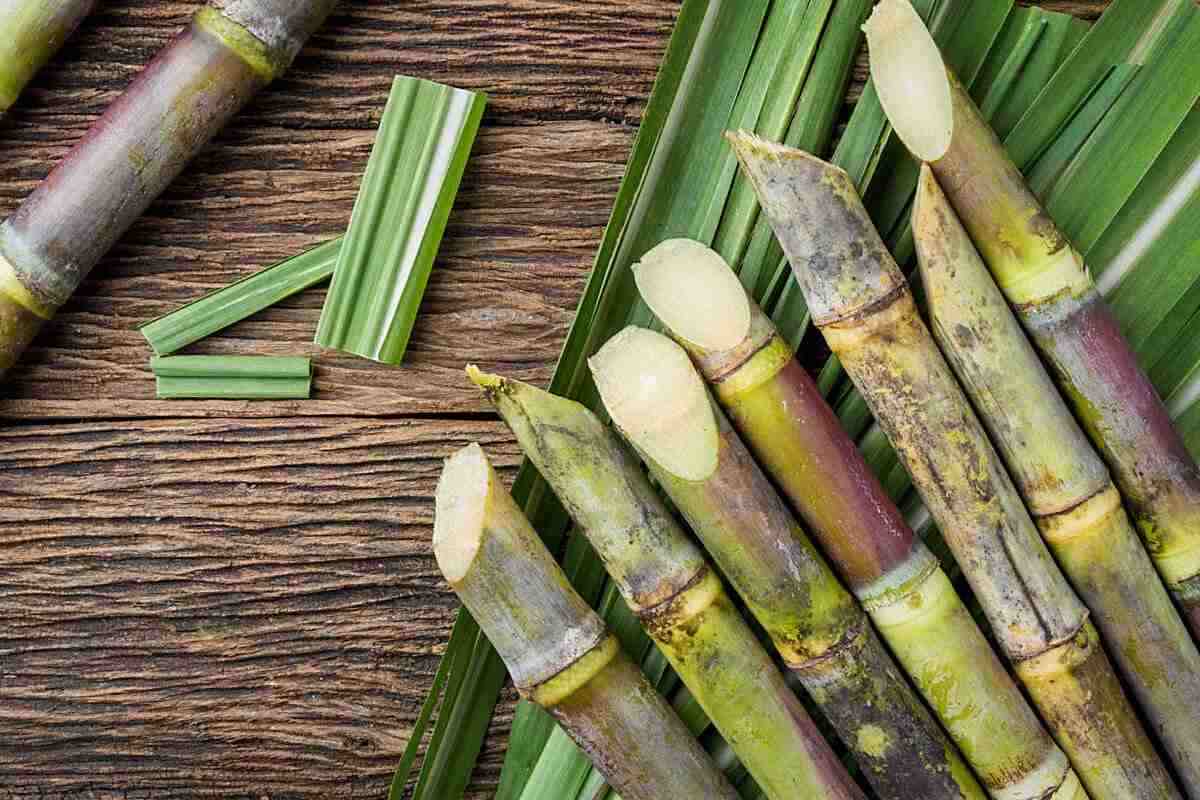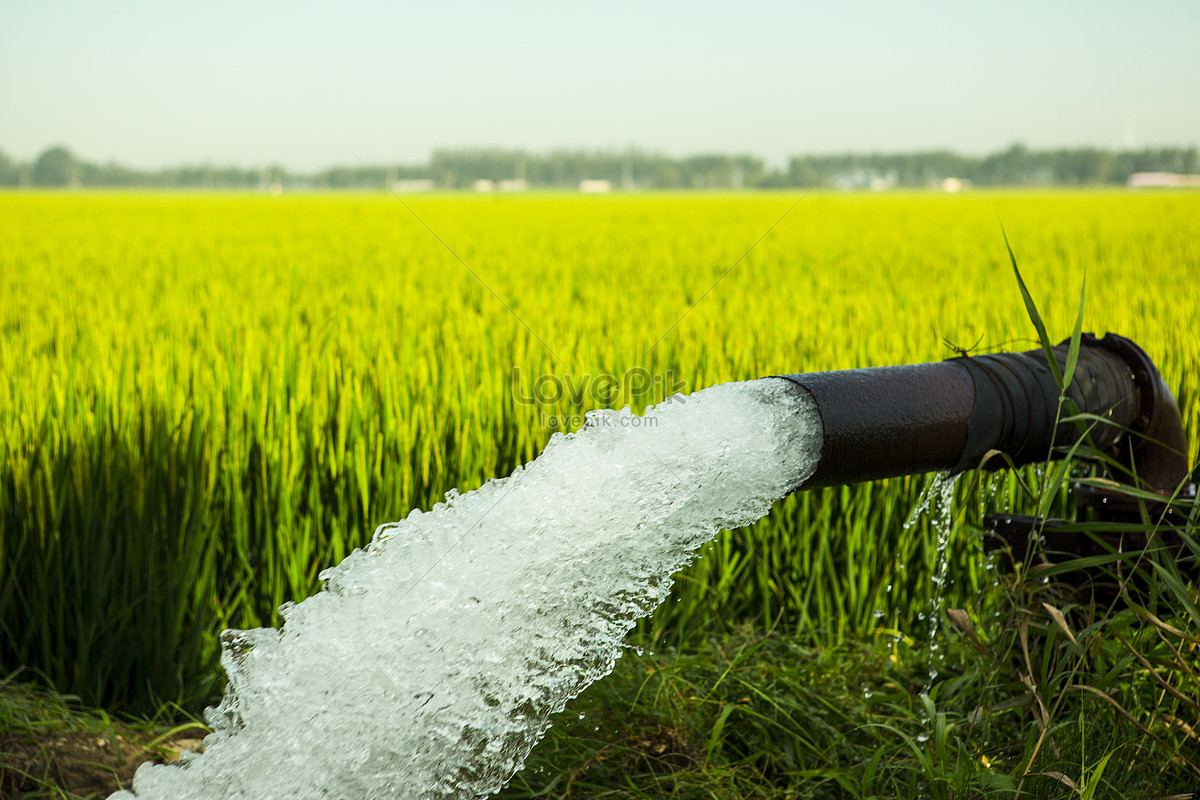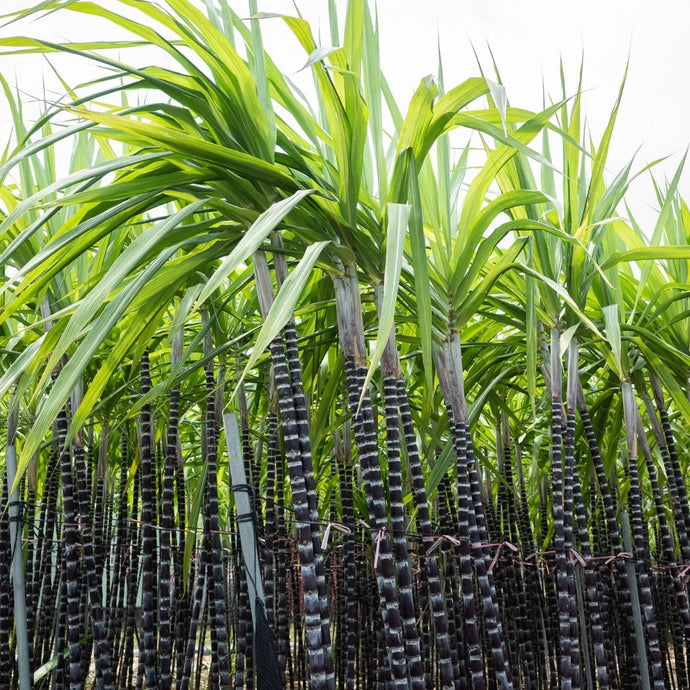Blog Post 1: Sustainable Farming Practices for Sugarcane Cultivation
In this comprehensive blog post, we will delve into the realm of sustainable farming practices within the context of sugarcane cultivation. Sustainable agriculture isn't just a buzzword; it's a transformative approach that carries myriad advantages for both the environment and the farmers themselves. Let's embark on a journey to uncover how these practices are revolutionizing the sugarcane industry.
Precision Farming Techniques
Sugarcane farming has entered an era of precision. Farmers are now harnessing cutting-edge technologies, including GPS-guided tractors and aerial drones, to take their operations to the next level. This precision isn't just about planting straight rows; it's about optimizing every aspect of farming. By doing so, they reduce resource wastage, enhance overall efficiency, and, most importantly, boost yields.


Drip Irrigation
One of the game-changers in sugarcane cultivation is the adoption of drip irrigation systems. These systems offer a sustainable solution to water management, a precious resource in agriculture. By delivering water and essential nutrients directly to the root zones of the sugarcane plants, they're not only conserving water but also contributing to a significant increase in crop yields.
Embracing Organic Farming
shift towards organic sugarcane farming is more than just a trend; it's a fundamental reimagining of how sugarcane is cultivated. Organic practices reduce the reliance on chemical inputs, fostering healthier and more environmentally friendly sugarcane. Not only does this benefit the consumer who gets a cleaner and safer product, but it also reduces the ecological footprint of sugarcane farming.
Crop Rotation
the realm of sugarcane farming, crop rotation isn't just a good practice; it's a necessity. Rotating crops is a time-tested method that safeguards soil health, prevents depletion, and mitigates the risks associated with pests and diseases. It's a simple but powerful technique that contributes significantly to the sustainability of sugarcane cultivation.
Sustainable Pest Management
The days of indiscriminate pesticide use are waning, thanks to integrated pest management (IPM) techniques and the deployment of biological controls. These practices are minimizing the need for chemical pesticides, preserving the ecological balance of the sugarcane fields, and safeguarding the crop against harmful pests. It's a win-win situation for both farmers and the environment.


Economic Benefits
Sustainable practices aren't just about being environmentally conscious; they also translate into economic advantages. Farmers adopting these practices are witnessing cost savings due to resource efficiency and reduced reliance on expensive chemical inputs. Moreover, they're reaping the rewards of higher yields and, consequently, greater profits. In conclusion, sustainable farming practices are reshaping the sugarcane landscape, offering an environmentally responsible and economically sound path forward. By embracing precision farming, efficient irrigation, organic methods, crop rotation, and responsible pest management, sugarcane farmers are ensuring a brighter and more sustainable future for both their crop and the industry as a whole.
